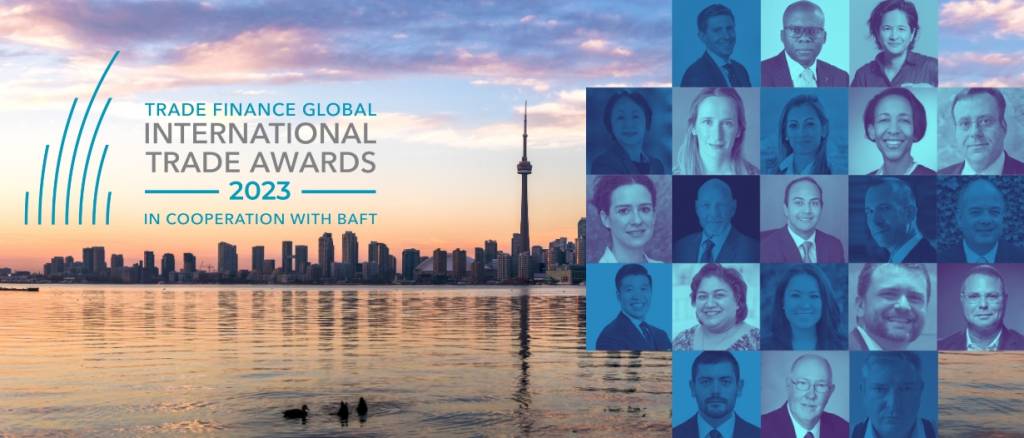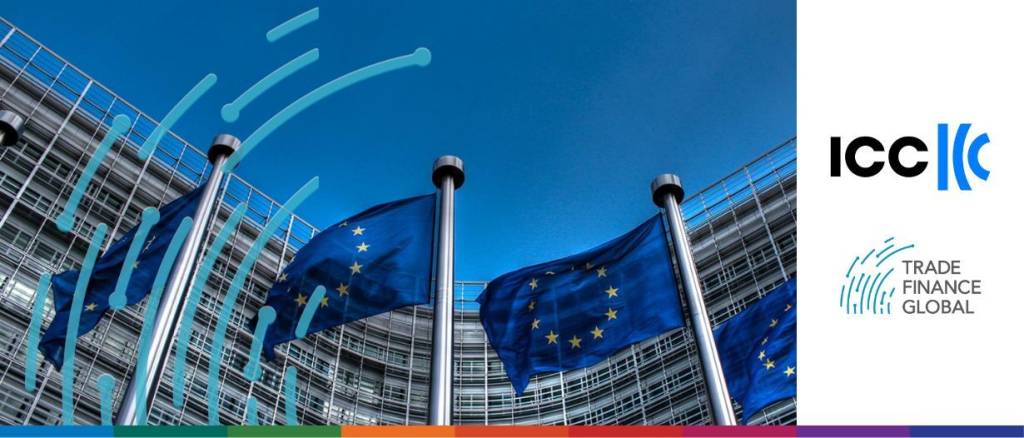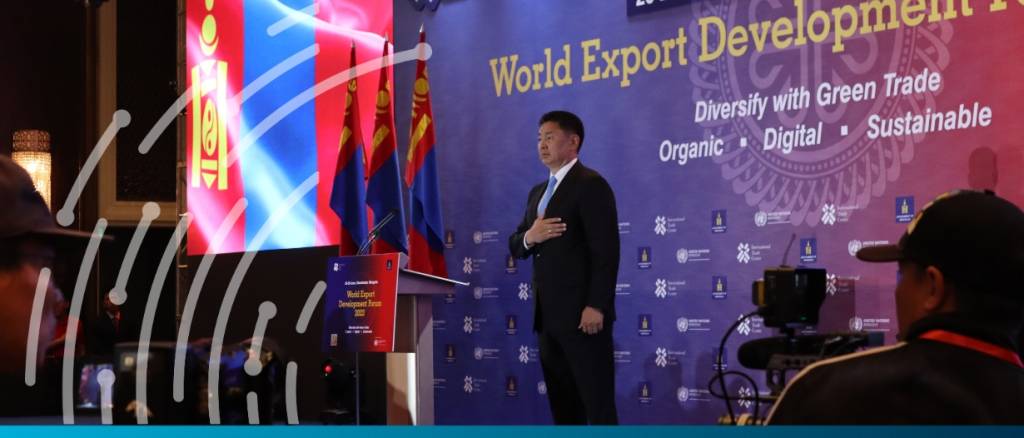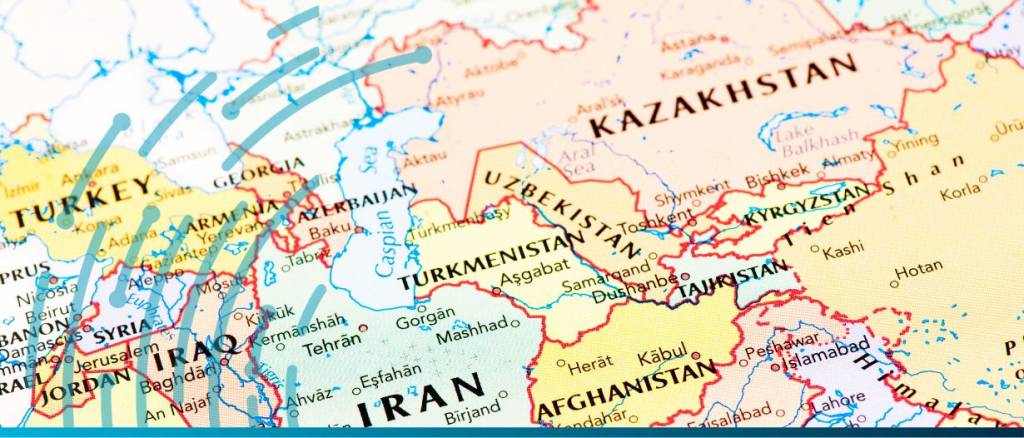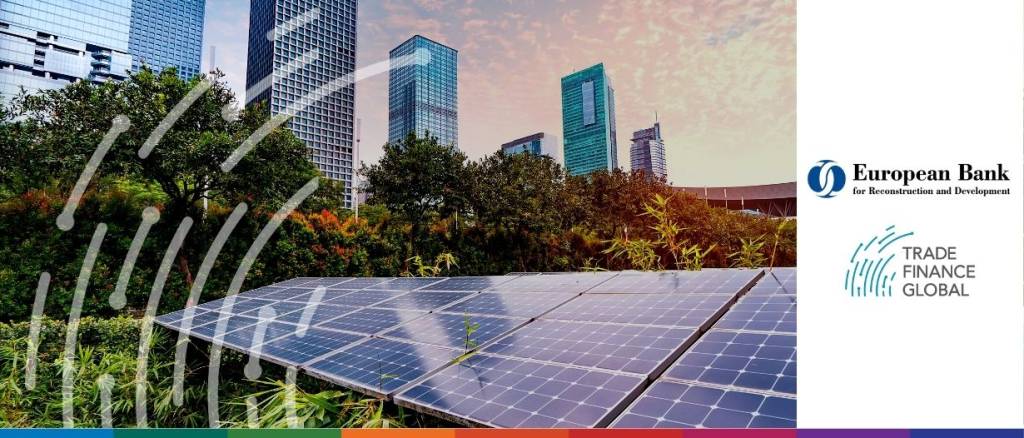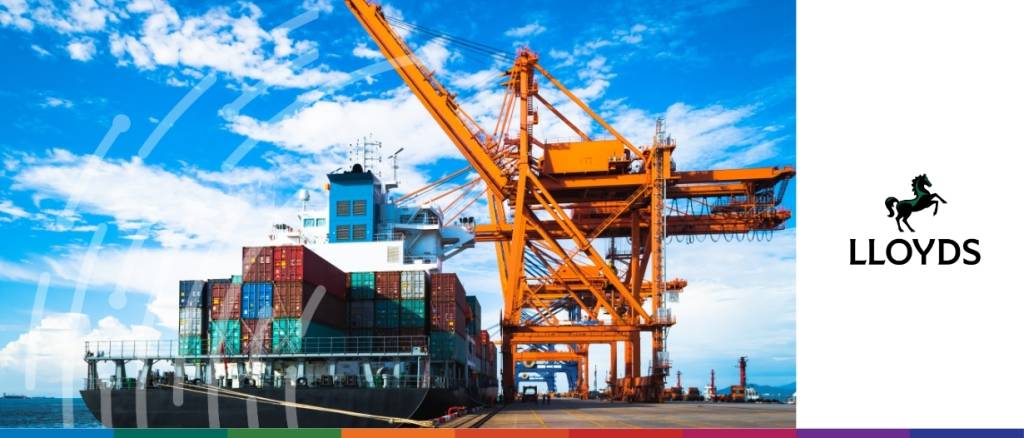Trade Finance Global (TFG) is pleased to announce the upcoming Trade, Treasury & Payments Awards 2023 ceremony, presented in cooperation with BAFT. These prestigious awards recognise individuals and organisations that have made outstanding contributions to the trade, treasury, and payments sectors.
Trade Finance Week, a week-long gathering organised by the International Chamber of Commerce (ICC) Austria, has become renowned in the trade finance industry.
The International Chamber of Commerce (ICC), the world business organisation, has publicly praised a recent accomplishment by European Union (EU) policymakers – the successful conclusion of negotiations concerning the third revision of the bank capital framework, the Capital Requirements Regulation 3 (CRR3).
As an observer at the World Export Development Forum (WEDF) 2023, where Trade Finance Global (TFG) was a media partner, TFG had the opportunity to discuss these challenges and prospects with local and international delegates.
Ulaanbaatar, Mongolia’s capital city, played host to the 20th World Export Development Forum (WEDF) on June 27, 2023, where Mongolian President Ukhnaagiin Khurelsukh addressed a global audience. The International Trade… read more →
Many moons ago, one of my boss’s mantras was ‘time is more precious than meat’. This was repeated every morning during our daily sales meetings. Those days, I sold ‘air time’ in the media industry.
Like every aspect of the financial services industry, the correspondent banking world has changed a great deal over recent years due to technology, regulatory regimes, and risk management.
Central Asia is becoming increasingly attractive to investors. It has abundant natural resources and is strategically located, leading to its reputation as a region with untapped economic potential.
Following the EBRD 2023 Annual Meeting and Business Forum in Samarkand, Uzbekistan, TFG’s Brian Canup (BC) spoke with Nino Masurashvili (NM), Deputy CEO, Chief Risk Officer, TBC Bank Georgia, who was recognised with the EBRD Sustainability Silver Award. Read this two-part interview to learn more about TBC Bank Georgia, why they were awarded the EBRD Sustainability Silver Award, and their plan for continuing to support Georgian sustainability.
A new report by Lloyds Bank shows that UK businesses have an opportunity to flourish through exporting.















